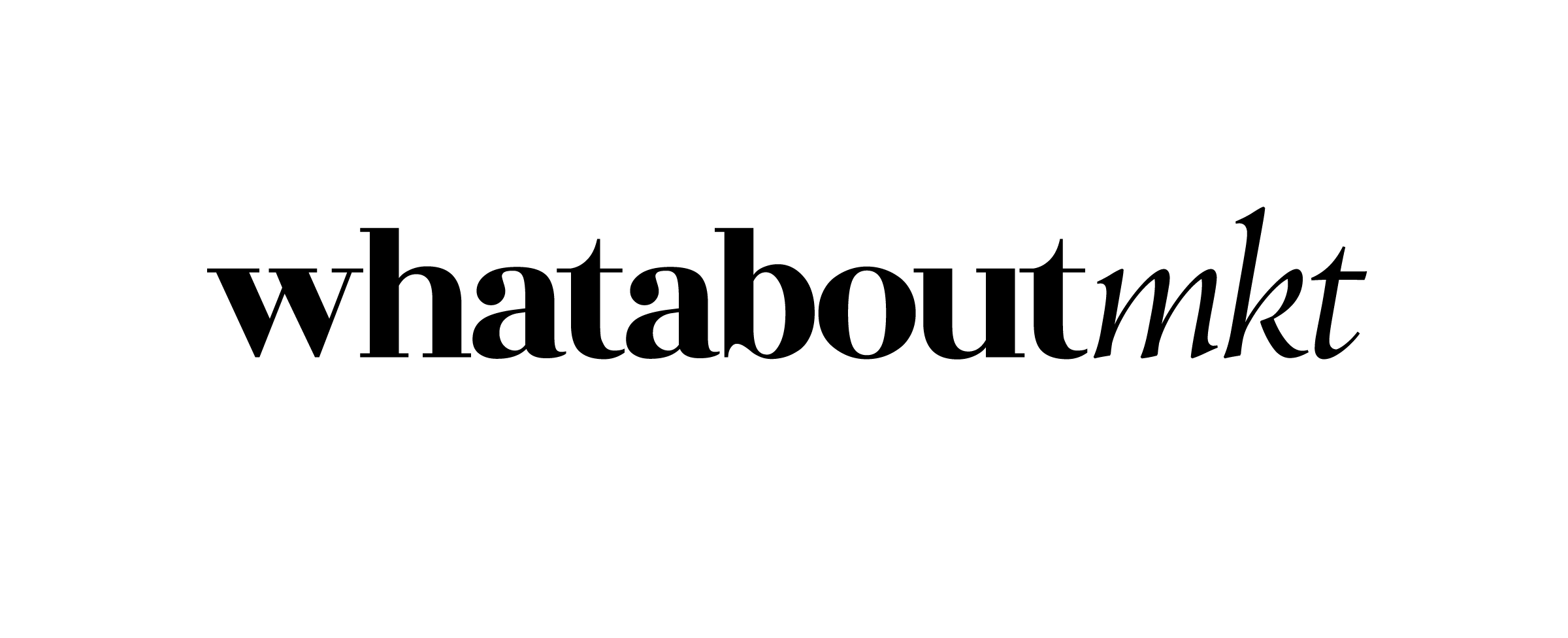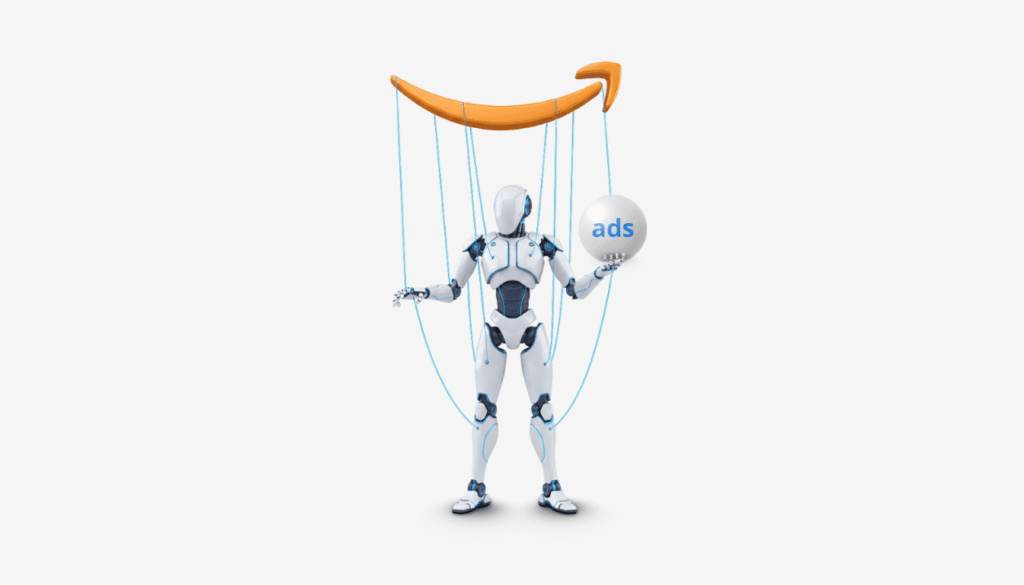The convergence of artificial intelligence and wearable technology has long been a subject of fervent discussion within the marketing and innovation spheres. Now, Meta, a company synonymous with digital connection, is putting its considerable weight behind a vision where our eyeglasses become the next ubiquitous computing platform. Their recent $3.5 billion investment, which secures a minority stake in EssilorLuxottica—the powerhouse behind iconic brands like Ray-Ban and Oakley—signals a profound strategic declaration, underscoring Meta’s intention to dominate the nascent yet rapidly expanding smart glasses market.
From Social Feeds to Seamless Integration
For years, the smartphone has been the primary gateway to our digital lives, dictating how we consume information and engage with applications. However, Mark Zuckerberg, Meta’s CEO, envisions a future where this dependence shifts dramatically towards wearable technology, particularly smart glasses. The investment in EssilorLuxottica is a cornerstone of that ambition. By gaining a significant stake in the world’s largest eyewear manufacturer, Meta is actively shaping a new computing paradigm.
This collaboration leverages EssilorLuxottica’s unparalleled expertise in eyewear manufacturing, design, and, crucially, its extensive global distribution networks. The Ray-Ban Meta and recently launched Oakley Meta smart glasses are already tangible outcomes of this synergy. These devices move beyond mere gadgetry, offering built-in cameras, advanced audio capabilities, and deeply integrated Meta AI features, such as real-time translation and voice commands. The vision is clear: to make AI not just an abstract concept, but an invisible, intuitive layer within our everyday interactions, seamlessly blending the digital and physical worlds.
Unlocking New Realities for Brands
The implications for the marketing industry are nothing short of transformative. As AI glasses become more prevalent, they promise to unlock unprecedented opportunities for brands to engage with consumers in highly personalized and contextual ways. Imagine a world where advertising is no longer confined to flat screens but is integrated into the environment around us, adapting dynamically to a user’s preferences, location, and even emotional state.
This evolving landscape suggests a future of hyper-personalized advertising, where virtual billboards could adapt based on individual shopping habits or recent search queries. Brands could offer augmented product experiences, allowing consumers to virtually “try on” clothing or visualize furniture in their homes with remarkable realism. Moreover, retail experiences could be redefined, with smart glasses providing instant product information, customer reviews, or even personalized offers as shoppers navigate a store. This seamless blend of digital convenience and physical presence opens doors to a new era of experiential marketing, fostering deeper connections and richer engagement with consumers.
Challenges and Opportunities for Marketers
While the potential is immense, the road ahead is not without its challenges. Data privacy and ethical considerations will naturally take precedence as these devices collect increasingly intimate details about user behavior and environments. Marketers will need to operate with absolute transparency and a strong commitment to ethical data practices to build and maintain trust with consumers. Furthermore, the creation of compelling content for an AR-driven environment will demand a rethinking of traditional marketing assets, necessitating investments in 3D models, interactive animations, and immersive storytelling techniques.
Nevertheless, Meta’s substantial investment in EssilorLuxottica signals the clear intent to make AI-powered smart glasses a foundational element of the company’s long-term strategy. This move positions Meta to lead a significant shift in how technology integrates into our lives, moving from devices we hold to intelligence we wear. For marketing professionals, understanding and adapting to this new frontier will be paramount. Those who embrace the opportunities presented by this seamless convergence of AI and eyewear will undoubtedly be at the vanguard of innovation, shaping the future of consumer engagement in a truly connected world.









